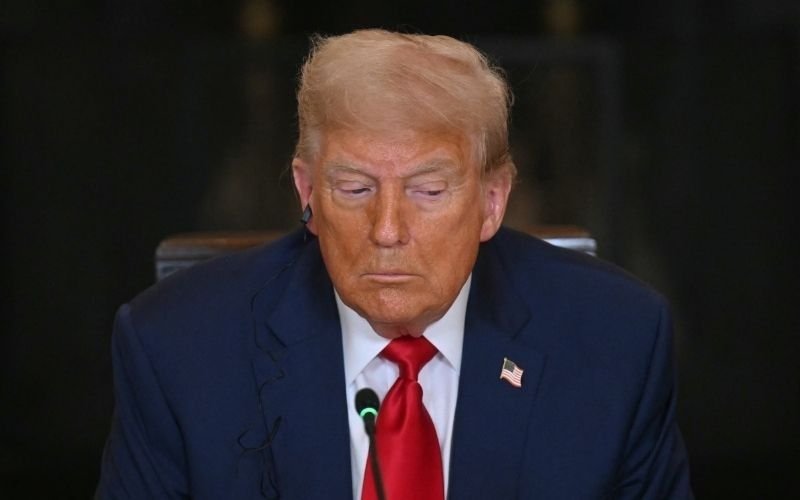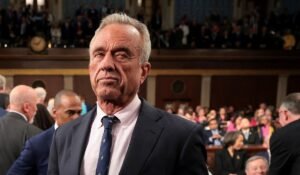MANILA, Philippines — After U.S. President Donald Trump slapped a 20% tariff on Philippine goods, President Ferdinand Marcos Jr.’s’ special assistant for economic affairs Frederick Go said that while the Philippines is concerned, this is still “stage one” of negotiations.
In April, Trump initially announced a 17% tariff on Philippine exports—one of the lowest among affected countries. This has since been raised to 20%.
“We are concerned that the US has decided to impose a 20% tariff on Philippine exports,” Go said at a briefing on Thursday, July 7.
Push for trade deal. Despite the tariff hike, Go said the Philippines remains committed to negotiating a bilateral comprehensive economic agreement—or if possible, a free trade agreement (FTA)—with the U.S. “in good faith.”
Several goods and services are exempt from the tariffs, including the Philippines’ top exports to the U.S.—semiconductors and electronics.
“We’re lucky that a lot of those that they exempted are actually our semiconductor exports to the United States. So the rest of the products are subject to the 20% export tariff,” Go said in a mix of English and Filipino.
Planned U.S. trip to proceed. Go said he and Trade Secretary Cristina Aldeguer-Roque, along with other officials, are scheduled to travel to the U.S. for discussions—a trip that had already been planned before the tariff hike was announced.
The Department of Economy, Planning and Development is still assessing the full impact of the new tariff. Go said the agency also needs to factor in the effects of the U.S. tariff rates on other countries.
Copy paste?
Go also downplayed a letter from Trump to Marcos, saying it should not be taken “personally.z’
“The letter is exactly the same for everybody,” Go said, noting that it was “99%” identical to letters received by Malaysian Prime Minister Anwar Ibrahim and Indonesian President Prabowo Subianto.
In the letter, Trump cited trade barriers and deficits between the Philippines and the U.S. However, Go said that because of its templated format, the message “does not feel applicable to the Philippines.”
On US demands. Go, however, expressed reservations about fully complying with U.S. demands, stressing the importance of Philippine sovereignty and legal frameworks.
“We cannot just say come in, we have a lot of laws to contend with, we have our own constitution to contend with, we have our own ways of doing business. So, we cannot just lift all the barriers,” he said.










